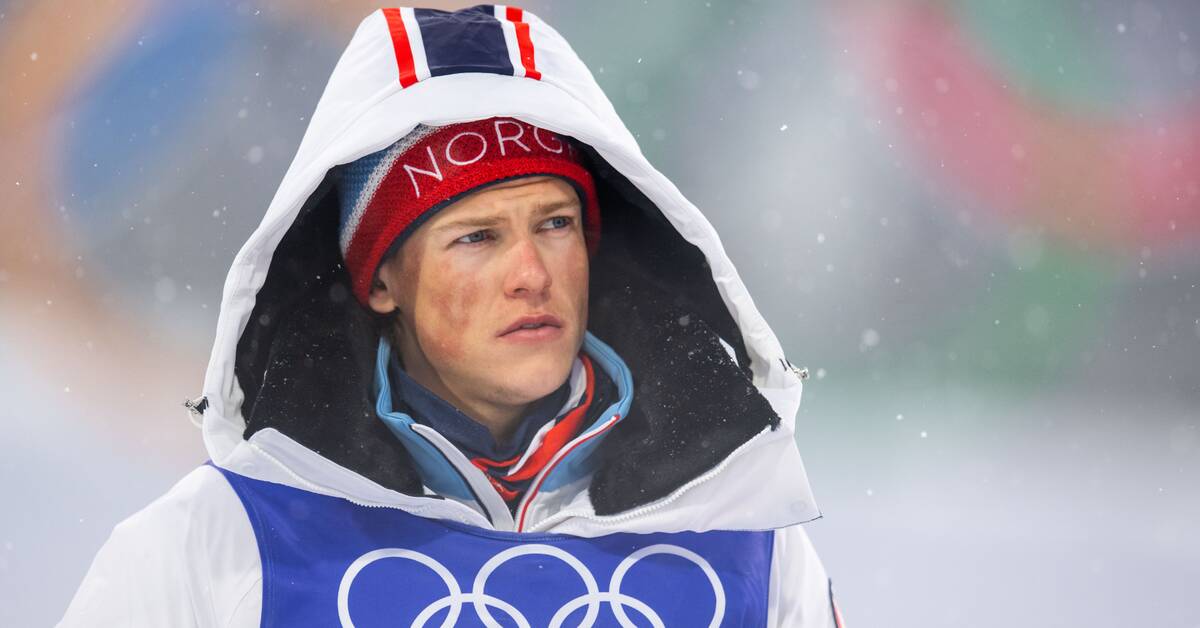From previous measurement in January 2021 was about vaccinations of babies before the coronavirus outbreak. Now the measurement is about the preliminary figures during the coronavirus outbreak. The RIVM says that these preliminary figures cause ‘some concern’. “It is important to keep an active eye on this, especially if the (slight) decline in babies continues in 2022.”
The total vaccination coverage is only calculated later. To do this, RIVM looks at how many children have received all vaccinations before their second birthday. According to the latest figures, released last summer, 91.3 percent of children born in 2018 were fully vaccinated before they turned two. That was 0.5 percent more than a year earlier.
Importance of vaccinating
Pediatric immunologist Kuijpers also says that we must remain alert when it comes to falling vaccination rates. “That would be a loss to the healthy and safe development of children,” he says. “People forget that if you really have a measles epidemic, you could lose your child if they weren’t vaccinated.”
For example, in times when there was no vaccination, the death rate from measles was 1 in 1,000, he says. “These are numbers that make you think: vaccinate, do it! We have the enormous advantage in the Netherlands to get protection against it. It is a luxury matter to say: don’t do it. People in developing countries would benefit from such a vaccination program here. would love to participate.”
–
–
The corona measures may have influenced the turnout for vaccinations, RIVM says. “As a result, appointments for vaccination sometimes had to be rescheduled. It also played a role that employees were often deployed in other places than for the children’s vaccinations.” The vaccination campaign against the coronavirus may also have had some influence on participation in the National Immunization Program (RVP).
call
Program manager Jeanne-Marie Hament makes an appeal on the RIVM website: “Protect your children with vaccinations from the NIP. The vaccinations have been extensively researched, are safe and effective.”
–
–
The turnout for HPV vaccinations has increased over the past year. Of the girls born in 2008, 70 percent passed this shot. That is 6 percent more than the initial turnout among girls born in 2007. In that group, the vaccination rate eventually increased further last year, to 74 percent. HPV is the abbreviation for human papillomavirus. This virus can cause various cancers, such as cervical cancer.
–
–


